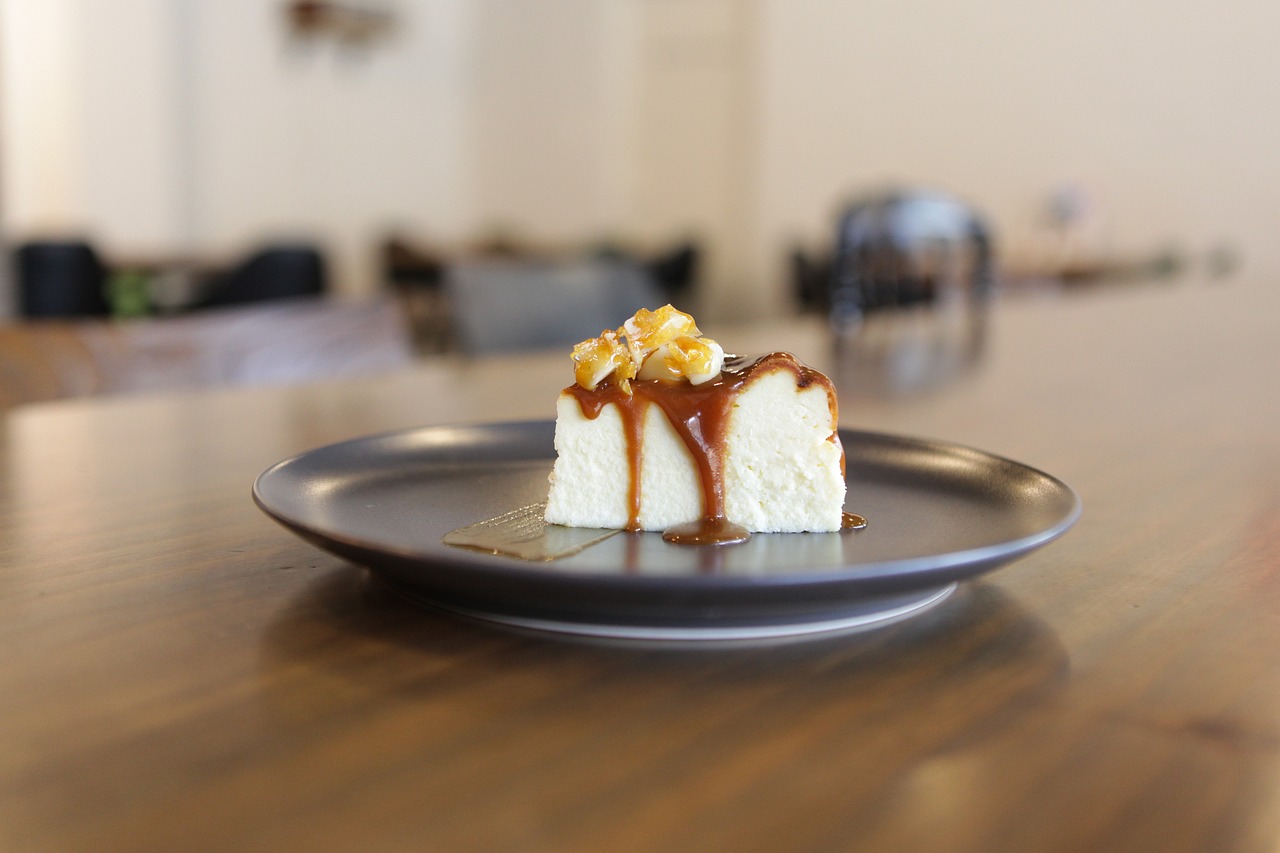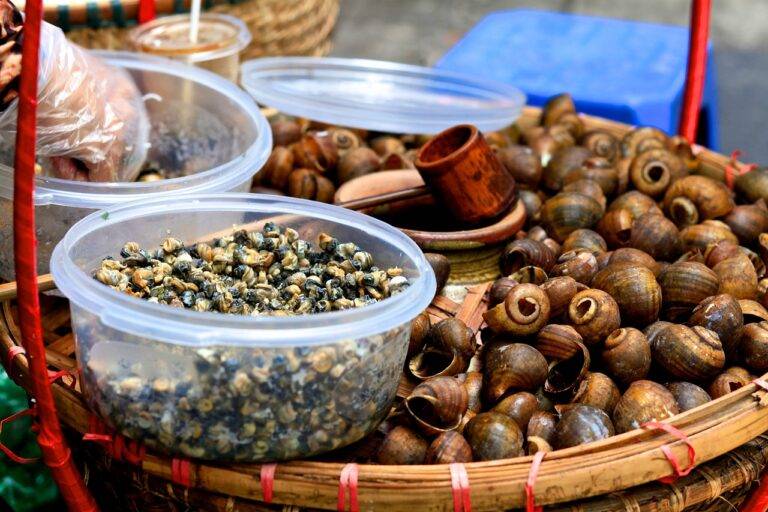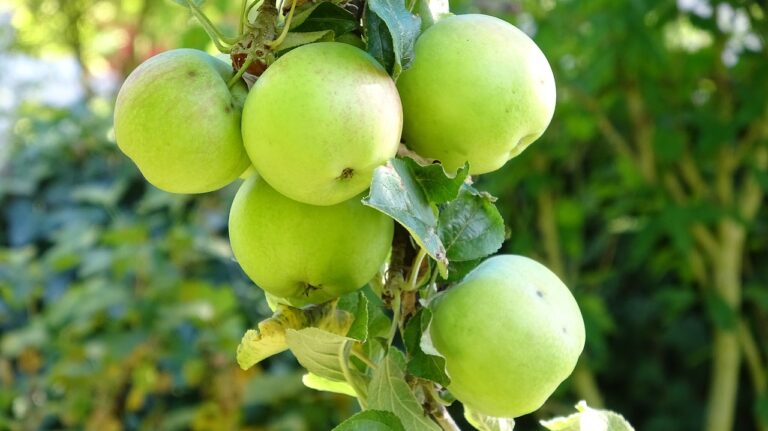The Psychology of Snack Cravings During Periods of Stress: 11xplay online, Indian 24bet, Skyinplay login
11xplay online, indian 24bet, skyinplay login: Snacking is a common coping mechanism for many people during periods of stress. When we’re feeling overwhelmed, anxious, or just generally under pressure, reaching for a sugary or salty treat can provide a quick pick-me-up and temporary relief from our negative emotions. But why is it that we tend to crave snacks during times of stress, and what is the psychology behind this phenomenon?
In times of stress, our bodies release cortisol, a hormone that helps us respond to dangerous situations by increasing our energy levels and suppressing non-essential functions. This natural response is commonly referred to as the “fight or flight” response. However, in modern society, our bodies can’t always differentiate between real threats and everyday stressors, such as work deadlines or relationship issues. As a result, our cortisol levels can remain elevated for extended periods, leading to an increased appetite and cravings for high-calorie foods.
One of the main reasons we crave snacks during stress is that certain foods, particularly those high in sugar and fat, can trigger the release of dopamine in our brains. Dopamine is a neurotransmitter that plays a key role in reward and pleasure sensations, and when we eat foods that stimulate its release, we experience a temporary mood boost. This can help alleviate feelings of stress and anxiety, at least in the short term.
Additionally, snacking can serve as a distraction from our negative emotions and provide a sense of comfort and control. When we eat our favorite snacks, we may feel a sense of familiarity and security, which can help us feel more grounded and less overwhelmed by our stressors.
However, it’s important to note that relying on snacks as a coping mechanism for stress can have negative consequences for our physical and mental health. Eating high-calorie, sugary, and processed foods regularly can lead to weight gain, increased risk of chronic diseases, and a vicious cycle of emotional eating. Furthermore, using food to suppress emotions or distract ourselves from stressors can prevent us from addressing the root causes of our stress and finding healthier ways to cope.
So what can we do to manage our snack cravings during stressful periods? Here are some tips to help you make healthier choices when it comes to snacking:
1. Practice mindfulness: Before reaching for a snack, take a moment to check in with yourself and ask if you’re truly hungry or just stressed. Mindful eating can help you become more aware of your emotions and make conscious decisions about what and when to eat.
2. Stock up on healthy snacks: Keep nutritious snacks like fruits, vegetables, nuts, and yogurt on hand so that when you do feel the urge to snack, you have healthy options available. Planning ahead can help you avoid reaching for less nutritious choices out of convenience.
3. Stay hydrated: Sometimes, we mistake thirst for hunger, leading us to snack when our bodies actually need water. Stay hydrated throughout the day to help reduce cravings and keep your energy levels up.
4. Find alternative coping strategies: Instead of turning to food when you’re stressed, try engaging in activities that help you relax and unwind, such as exercise, meditation, journaling, or talking to a friend. Finding healthy outlets for your emotions can help you cope with stress more effectively in the long run.
5. Seek professional help: If you find that your snacking habits are negatively impacting your health and well-being, consider reaching out to a therapist or nutritionist for support. They can help you address any underlying issues contributing to your stress-related eating and develop healthier coping strategies.
In conclusion, snacking during periods of stress is a common behavior that can be driven by a combination of biological, psychological, and environmental factors. While indulging in a delicious treat now and then is perfectly normal, it’s important to be mindful of your snacking habits and strive to make healthier choices that support your overall well-being. By understanding the psychology behind snack cravings during stress and implementing strategies to manage them, you can develop a healthier relationship with food and better cope with life’s challenges.
FAQs:
1. Are all snack cravings during stress unhealthy?
Not necessarily. While many people tend to crave high-calorie foods during stress, some may crave healthier options like fruits or nuts. The key is to be mindful of your choices and make decisions that support your health and well-being.
2. Can stress affect our metabolism and digestion?
Yes, prolonged stress can impact our metabolism and digestion, leading to changes in appetite, nutrient absorption, and gut health. Practicing stress management techniques and maintaining a healthy lifestyle can help mitigate these effects.
3. How can I differentiate between true hunger and emotional hunger?
True hunger is typically a physical sensation that builds gradually and is satisfied by a variety of foods. Emotional hunger, on the other hand, tends to be sudden, specific, and often accompanied by feelings of guilt or shame. Learning to recognize the difference can help you make more informed choices about when and what to eat.







